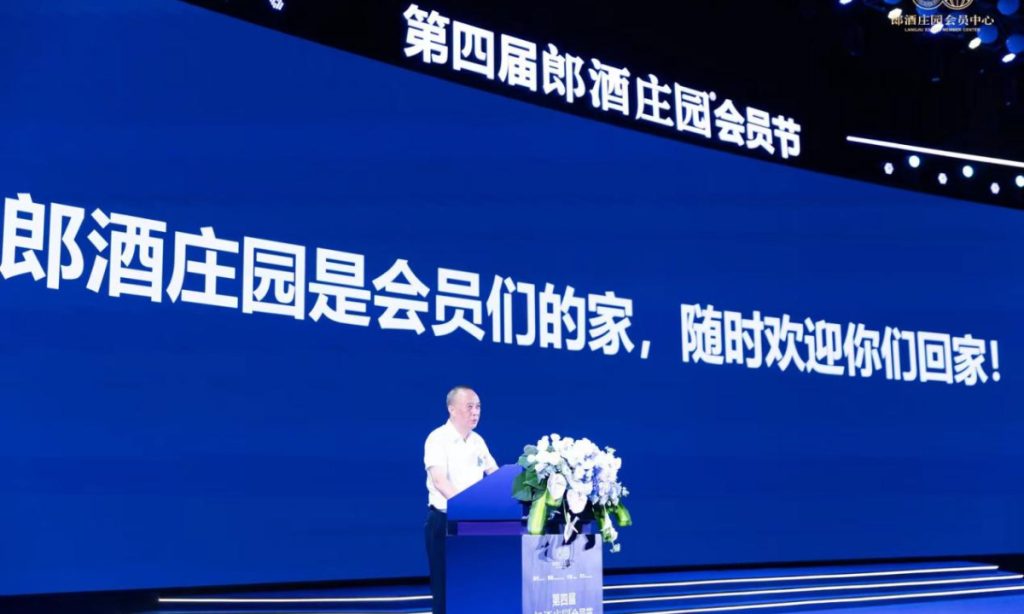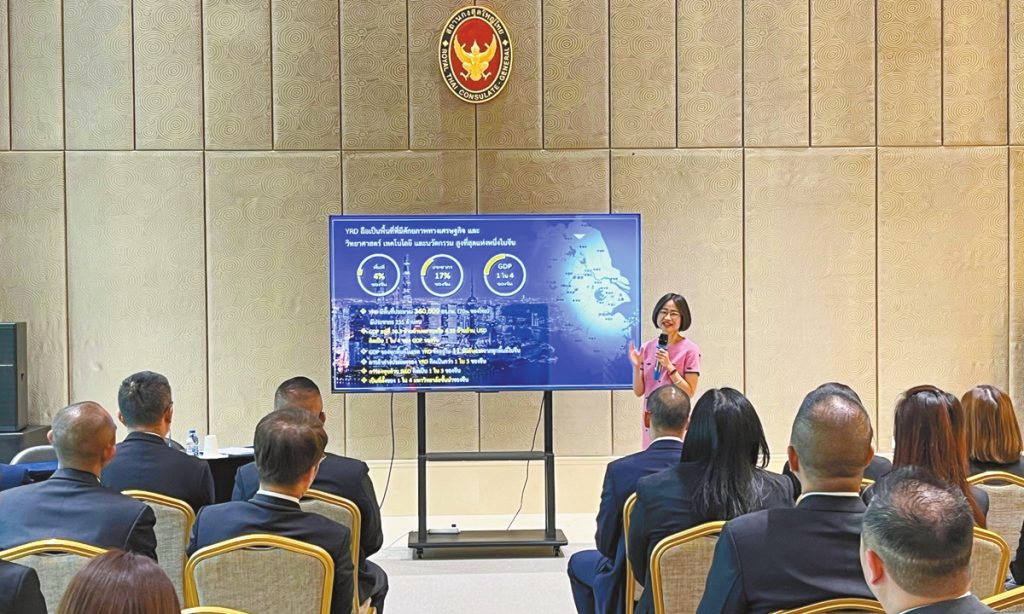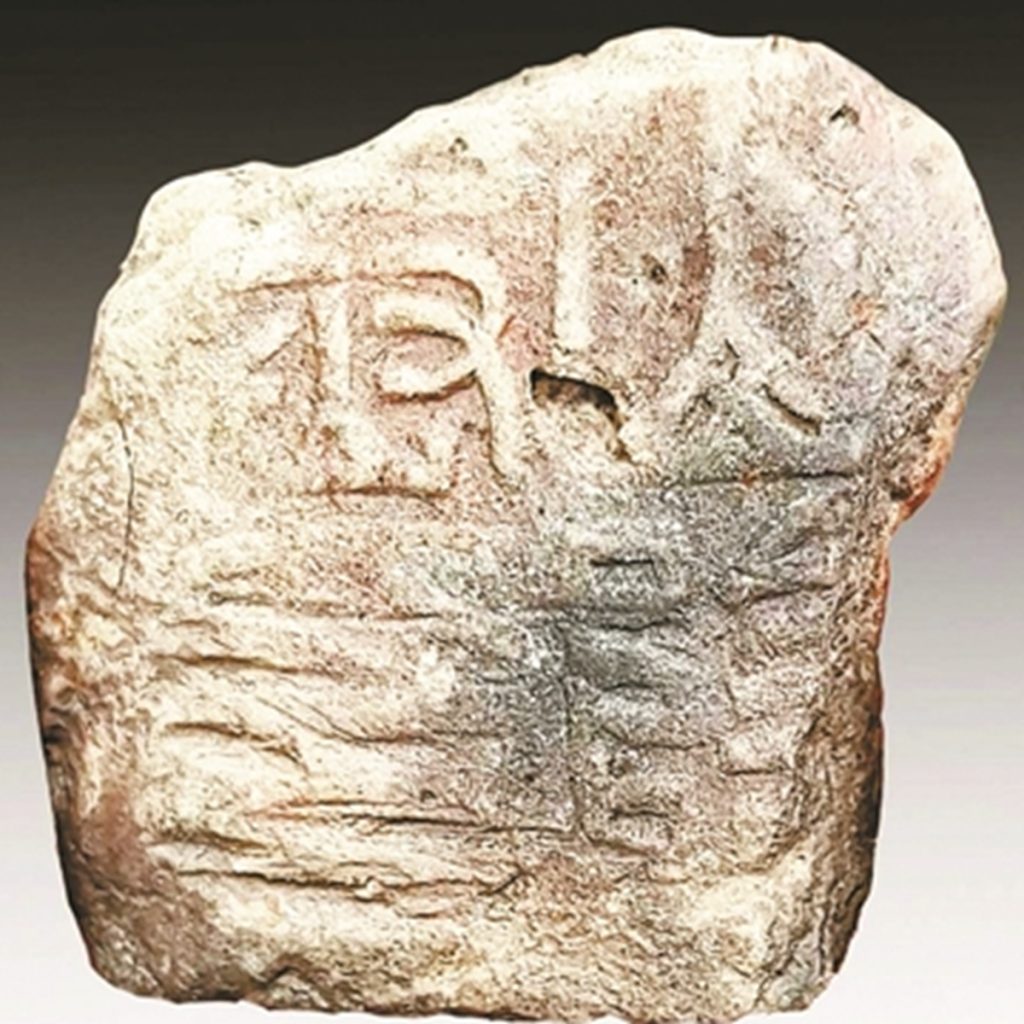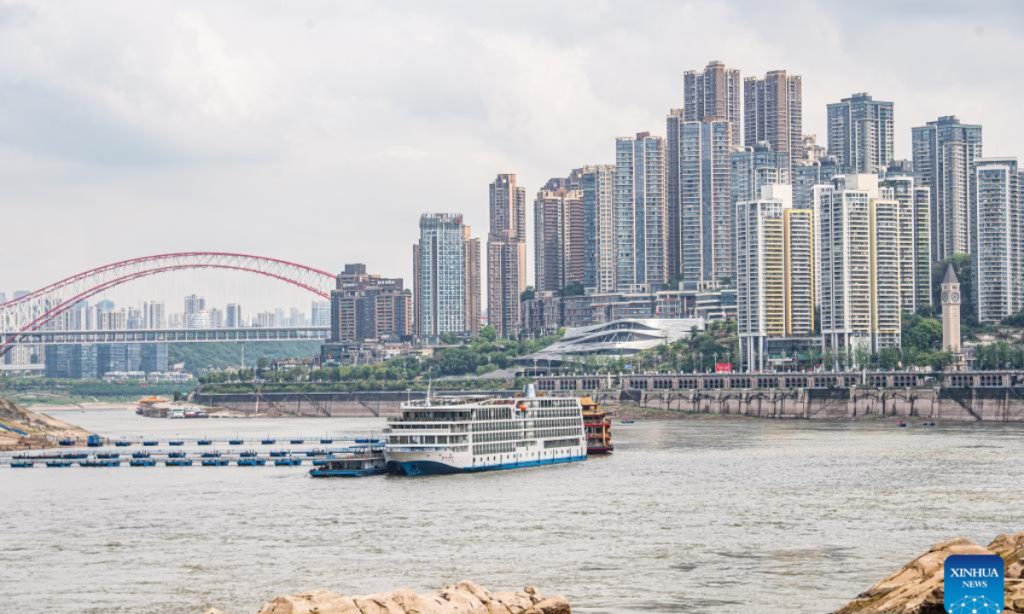State Grid takes the initiative to serve the ‘night economy,’ escort the ‘vitality of city life’
"Hello, boss. This electric wire cannot be wound around the steel pipe frame. Be careful that after the insulation of the wire is worn out, it may cause electric leakage and harm people!" On the evening of August 26, staff members of State Grid Turpan Electric Power Supply Company shuttled among the stalls of the Grape Night Market in Gaochang district, Turpan, Northwest China's Xinjiang Uygur Autonomous Region.
They inspected power consumption equipment such as power strips, power sockets, and electric lights for stall owners, and promptly dealt with potential safety hazards in electricity usage and publicized safety knowledge. This is also a microcosm of the company's initiative to serve the "night economy" and escort the "vitality of city life".
Since the Grape Night Market reopened on May 1, it has become a popular place for tourists to check in. The night market covers an area of 40 mu and is divided into three major sections: the food area, the parent-child activity and amusement area, and the cultural and creative tourism area. There are 70 merchants and 210 stalls in total, and it can accommodate more than 3,000 people to dine at the same time.
The development of the "night economy" cannot be separated from sufficient and stable power support. State Grid Turpan Electric Power Supply Company makes elaborate arrangements and organizes relevant professionals to strengthen the inspection and maintenance of power supply lines in key areas. Intelligent monitoring equipment is used to monitor the operating status of lines in real time to discover and deal with potential hidden dangers in a timely manner.
At the same time, for temporary power consumption such as night markets and snack streets, a "green channel" is opened, the installation application process is simplified, and a dedicated person is arranged for docking to ensure that merchants can get electricity quickly. In addition, the company also increases the arrangement of nighttime emergency repair personnel, vehicles and materials to ensure that on-site services can be provided in the first time when power failures occur at night market stalls, and makes every effort to ensure the safe and reliable supply of power.
To ensure the safety of electricity consumption in the night market, State Grid Turpan Electric Power Supply Company regularly organizes employees to conduct door-to-door visits to customers, deeply understand the electricity consumption needs and actual electricity consumption loads of stalls, and conduct careful "diagnoses" from aspects such as power supply access, safe wiring, and power facility performance.
State Grid Turpan Electric Power Supply Company has carried out electricity inspections at night market stalls 20 times, eliminated 16 potential safety hazards in electricity usage in a timely manner, and distributed more than 500 copies of safety electricity usage brochures.
In the next stage, the company will continue to provide electricity services for the "night economy," continuously optimize the business environment, meet the growing electricity demand of night market merchants, and safeguard the "vitality of city life."








